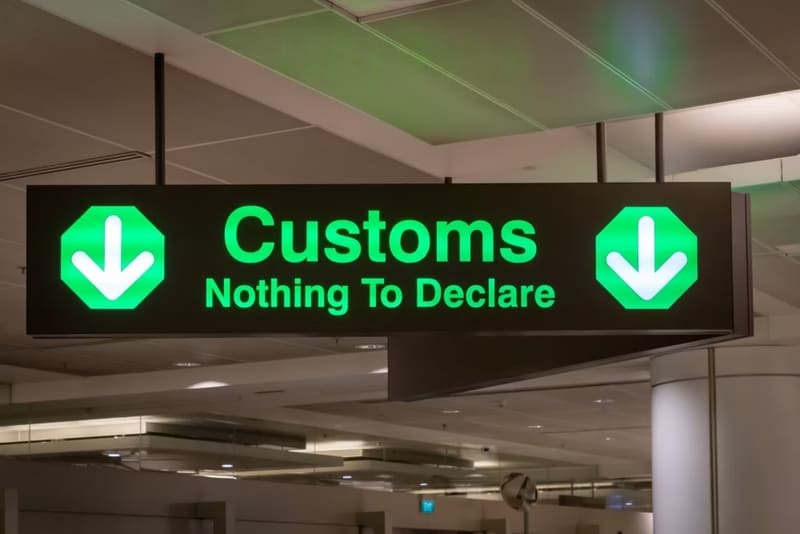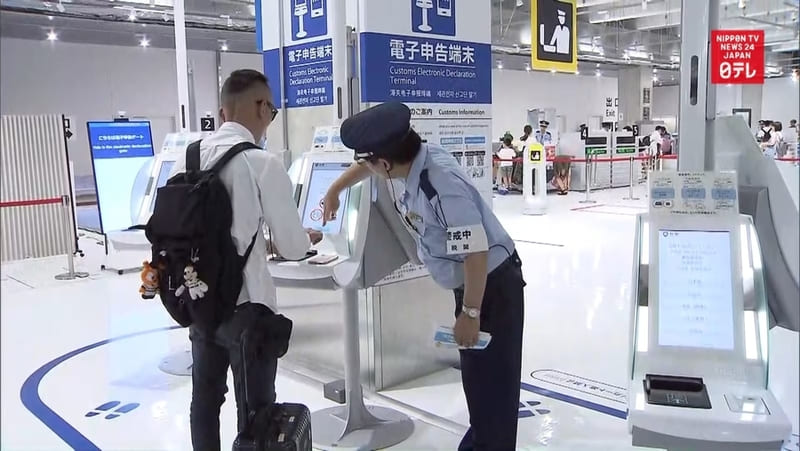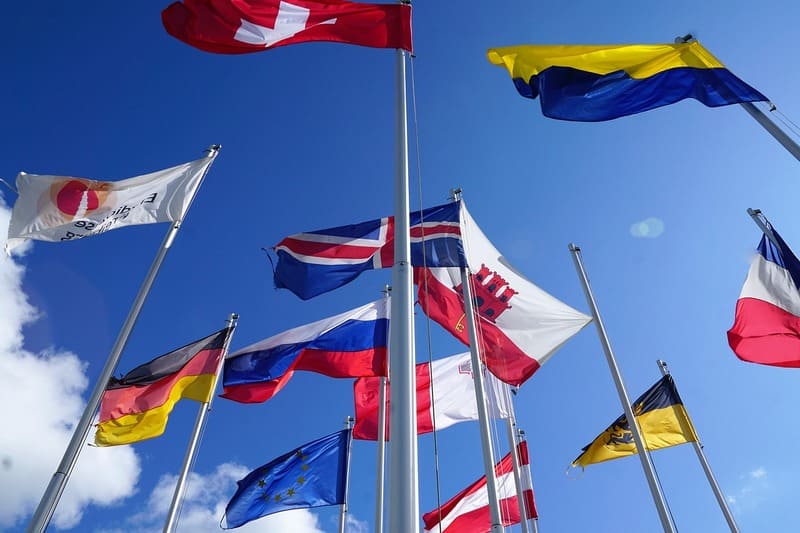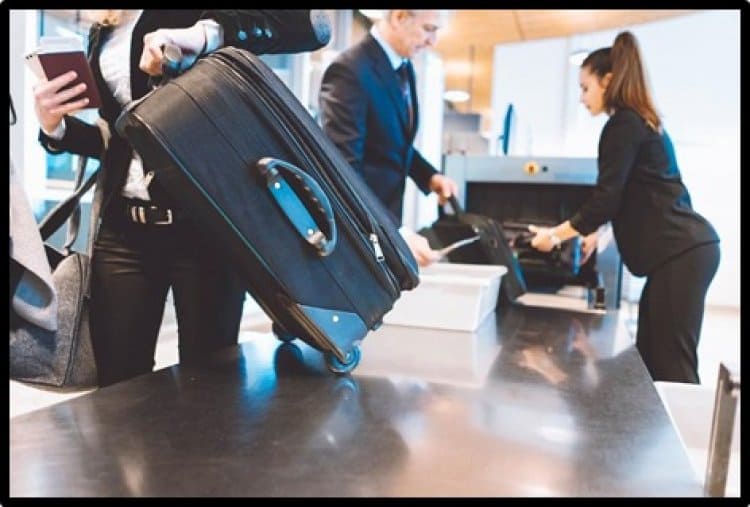
All passengers arriving in Japan need to complete a Japan Customs Declaration, although many travelers are unsure about the entry procedure if they have nothing to declare.
Understanding the rules for declaring items at Japanese customs is crucial to ensure a smooth entry into the country and avoid penalties for not declaring.
This page covers what to expect if you have nothing to declare, the importance of declaring items, the potential consequences of failing to do so, and an overview of customs checks and fees.
What Happens If You Have Nothing to Declare at Customs?
Even if you have nothing to declare at customs, you still need to fill out a Japan Customs Declaration.
If you have nothing to declare, you simply need to answer “no” on the online form to the following questions, about if you are carrying:
- Restricted items
- Goods (purchases, souvenirs, gifts) exceeding the duty-free allowance
- Goods carried on behalf of another person
- Unaccompanied articles (baggage separately sent by mail, etc.)
- Gold products
- Goods carried for business or commercial use
- Monetary instruments exceeding the amount of 1,000,000 yen or equivalent
If you’re unsure if you’re carrying these goods, you can check the allowances using the handy tooltips on our application. This will help you understand if you need to answer yes or no to the questions, and if you need to declare anything.
Do I Have to Go Through Customs if I Have Nothing to Declare?
Yes, all travelers must go through customs upon entering Japan, regardless of whether they have items to declare.
After you’ve submitted your online Customs Declaration, you’re sent a QR code that you need to present on arrival at customs in Japan.
Several Japanese airports have e-Gates where you can scan your QR code and passport, while at other entry ports a customs official will ask to see these and direct you accordingly.
If you have indicated that you have nothing to declare, you’ll be directed to pass through the green channel or ‘Nothing to Declare’ line.
What is the Point of 'Nothing to Declare'?
The 'Nothing to Declare' option streamlines the customs process for travelers carrying only personal items and not bringing in restricted or taxable goods.
It helps customs officers quickly differentiate between travelers who need a thorough check and those who don’t, speeding up the process for everyone.
Can I Go Through 'Nothing to Declare'?
You can go through the 'Nothing to Declare' lane or green channel if you are confident that all the items you are bringing into Japan are within the allowable limits and do not require declaration.
This line is intended for travelers who have only personal effects and no restricted or dutiable goods. Remember, it’s your responsibility to know what needs to be declared.
If you’ve answered “yes” to any of the questions listed at the top of this page, you’ll be directed to go through the red channel upon scanning your QR code at customs.
What Happens If You Don't Declare an Item at Customs?
If you fail to declare an item that should have been reported, you may face severe consequences.
Japanese customs authorities take undeclared items seriously, and penalties can include fines, confiscation of the items, or even legal action depending on the severity of the violation.
It is always best to declare any items you are unsure about to avoid any issues.
It's important to note that even if goods fall under the duty-free threshold, they still need to be declared if they exceed the quantitative limits or are restricted items.
Furthermore, it’s important to be honest about your declarations, as failure to comply can result in fines or other penalties.
Does Customs Check Every Item?
Customs does not typically check every single item for each traveler. However, random inspections can occur, and customs officers may choose to inspect your belongings if they suspect there might be undeclared items. Or you could just be selected for a random check.
Be prepared for the possibility of an inspection, even if you are going through the 'Nothing to Declare'/green channel.
What Are Customs Fees?
Customs fees are charges levied on goods brought into Japan that exceed the allowable personal import limits. These fees are based on the value and type of goods.
Japan imposes customs duties on imports valued over 10,000 yen (approximately $70 USD), with an average duty rate of 2.5% for most goods.
Beyond the duty-free allowances, Japan levies a consumption tax of 10% on most imported goods. Certain items like tobacco, alcohol, and petroleum products may be subject to additional excise taxes.
If you have goods that are taxable/subject to duty, you’ll be directed to pay the fees at the bank in the customs inspection zone.
It’s essential to check the current customs regulations before traveling to understand what fees might apply to your belongings.
Do You Go Through Customs Before or After Your Flight?
Customs procedures are conducted after your flight, upon arrival at your destination in Japan. Once you have landed and collected your luggage, you will go through customs before exiting the airport.



